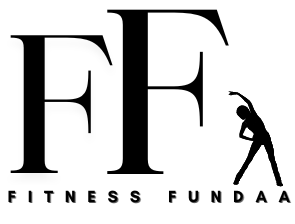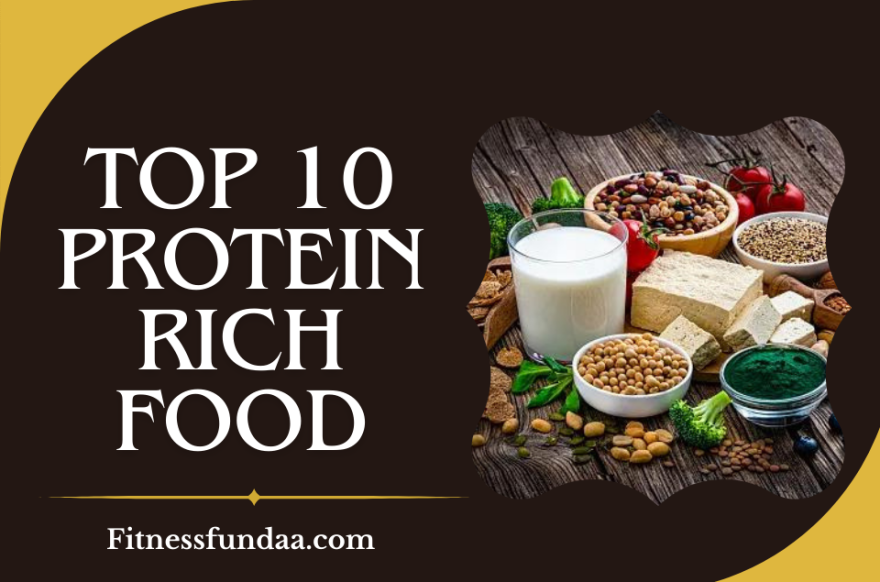Do you know what protein is? Have you ever had a question that how did the word protein came from? What are the protein rich foods? What are the deficiencies? What are the functions they play in our body? Can we give answer for those questions? Yes, here are the answers for those kinds of questions. Top 10 Protein Rich Food. Protein Rich Food.
The word protein is coined by Swedish chemist Jones JBerzelius in 1838. It has taken from the Greek word ‘proteios’ meaning of this word is “primary of holding the first place”. Protein is a fundamental component to make up the major structure of all living cells and form most of the dry weight of the body cells.
Protein is a very much essential nutrient to the body. Protein is needed for the growth, development and repair of the body tissues. Excess protein can be broken down and used as a source of energy. Protein is made up of different combinations of amino acids. These are the building blocks of protein. Amino acids are the compounds containing carbon, hydrogen, oxygen, nitrogen and in some cases sulphur.
Large, intricate molecules, proteins serve a variety of vital functions in the body. They are necessary for the structure, operation, and control of the body’s tissues and organs and are vital to the majority of the work performed by cells. By this we will came to know how much protein is important for the body.
In this article we will discuss about the functions, source and the importance of the protein and the requirement of protein and the deficiency of protein if there is a lack of intake of protein.
Sources of Protein:
Proteins are found in food sources in that there are 2 types they are plant sources and animal sources:
- PLANT SOURCES.
- Legumes
Legumes contain a good amount of protein which is very much helpful for the maintenance of the body and it also provides fiber, carbohydrates, vitamin B, iron, copper, magnesium etc; to the body.
- Pulses
Pulses contain protein and along with protein it also contains folate, magnesium, iron, zinc and potassium. Especially pulses like moong dal contain high amount of protein in them.
- Nuts
Nuts have a good content of protein which helps in proper functioning of the cells; especially peanuts have a high rate of protein compared to other nuts.
- Oil seeds
Oil seeds contain protein and they are high rich source of energy which gives strength to the body for muscles and bones.
- Paneer
Paneer is an Indian cheese which contain high amount of protein which gives strength and helps in building the muscles and also helps in weight loss and for the healthy diet for an individual especially for vegetarians.
- ANIMAL SOURCES
- Milk
Dairy milk is rich in calcium, phosphorus, riboflavin (vitamin B2), and almost every other nutrient your body needs. It’s also a good source of high-quality protein. Many people with lactose intolerance cannot tolerate milk or other dairy products, so they stay away from a lot of foods that contain dairy.
- Meat
Meat has a rich source of protein. It is also bioavailable which has high zinc and iron.
Especially red meat has a high amount of protein and its better if the intake of the meat is in moderate condition or else it may lead to other difficulties or side effects like colorectal cancer.
- Poultry
Chicken breast is a best choice to select a protein diet. Chicken breast has a good amount of protein which helps in building muscles. Not only has protein chicken breast also provided a various elements like B vitamins, pulse minerals like zinc and selenium.
- Egg
Eggs are the good source of protein, they are easy to absorb and they are not only a good source of protein they are the good source of vitamin, minerals, antioxidants and healthy fats.
Consuming egg white give only pure protein but consuming egg with yolk gives vitamins, minerals and antioxidants.
- Fish
Fish has an excellent source of protein other than protein it also provides iodine, vitamin, minerals like selenium and also vitamin B12.
Functions of Protein in Our Body
Intake of protein daily helps in proper functioning of overall health of the body. Proteins are a broad class of molecules that are essential for the creation of hormones, immunological response, mobility, chemical reactions, and cell structure, among other things. Amino acids, which are little building units, comprise them all. Nine of these must be included in your diet because your body requires them but is unable to produce them on its own.
It not only helps in maintaining a body it also helps in keeping our stomach full and helps in eating less, especially junk food. This helps in maintaining healthy body weight.
- Growth and maintenance
Protein helps in the proper growth and development of an individual. Protein has a elements which helps in the growth and maintenance of the body structure.
- Regulation of body processes and protective
- Proteins as carriers
- Energy giving function
Why Do Our Body Needs Protein and Who Needs How Much of Protein
Protein is recommended to be consumed at a rate of 0.36 grams (g) per pound of body weight (0.8 g per kilogram). Keep in mind that this is the bare minimum of protein needed to satisfy your body’s demands.
- Babies and children have a high need for protein because they are growing.
- Adolescents need protein for their rapid growth spurt.
- Pregnant women need more protein than other adults because of the growing baby.
- Nursing mothers also need more protein for lactation.
Protein deficiency
Protein deficiency is rare, but there is a condition called PEM- protein energy malnutrition. This can be seen in infants with stunted growth or thin arms and legs, and large distended abdomens.
Deficiency symptoms include:
- Weight loss
- Anemia
- Reduced resistance to infections
- Impaired healing of wounds
- Hepatic in suffocation
- Nutritional edema
- Muscular illness
Deficiency:
Marasmus – Marasmus is a condition mainly affects infants causing them to become thin and weak. The body adapts to the shortage of energy and nutrients. All the energy stores are depleted as it is used to supply vital organs. It also occur due to lack of calories and the main reason for this deficiency is due to sever protein malnutrition.
Kwashiorkor– kwashiorkor is a condition known to be the body’s adaption to shortage of energy and nutrients. And it is also a deficiency of sever protein malnutrition and bilateral extremity swelling. It commonly can be seen in the children and infant, most of the around the age of 5years. It cause due to sever poverty and malnourishment.
Protein is a primary compound which is very much essential of individual’s body for the proper and healthy functioning of a body. And it is very essential source which has to be consumed in our daily dietary for a healthy body and maintenance. If there is a lack of protein intake then there are severe condition have to be faced and there are sever deficiency due to lack of protein intake.
There are several sources of protein in plant and animal sources which can be consumed daily to maintain a proper amount of protein in the body.

